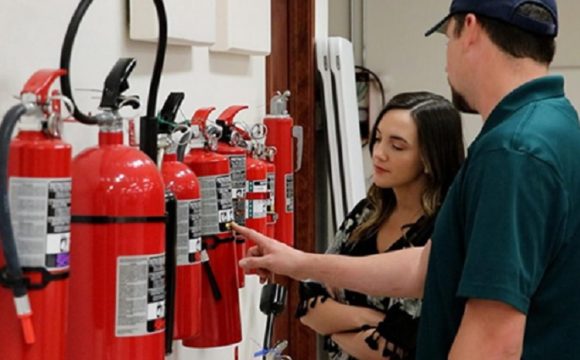Chihuahuas emerge as pint-sized companions with personalities as unique as their distinctive features in the realm of small wonders.
This article explores the Chihuahua dog breed and throws light on their endearing traits and potential health concerns.
From their bold spirit to delicate health considerations, discover the care required for these tiny yet resilient members of the canine kingdom.
Nurture the charm and consider safeguarding their health by being prepared with dog insurance well in advance.
Contemplate acting now because every tiny tail deserves optimum health coverage in terms of the best pet insurance. Invest in their health today so you don’t have to worry much about unexpected vet costs tomorrow.
Learn to identify the traits of Chihuahuas and common health concerns seen in this dog breed with this article’s help.
Knowing Chihuahuas
Adopting a Chihuahua offers companionship in a compact package. They bring big personalities to small spaces, offering loyalty, affection, and endless love.
Their small size makes them adaptable to various living situations, and their loving nature makes them delightful and devoted companions.
Unique characteristics
1. Tiny size
Chihuahuas are one of the smallest dog breeds, typically weighing less than 1 or 1-3 kg. Their diminutive size makes them portable and well-suited for apartment living.
2. Big personality
Despite their small stature, Chihuahuas are known for their confident and bold personalities. They may exhibit strong loyalty and attachment to their owners.
3. Protruding eyes
Chihuahuas often have large, expressive, and bulging eyes, giving them a distinctive and appealing appearance. Their eyes can be vulnerable to eye issues, requiring careful attention.
4. Variety of coat types
Chihuahuas come in both short and long-coat varieties. Coat colours and patterns vary widely, contributing to their unique aesthetic.
5. Prone to shivering
Due to their small size and low body fat, Chihuahuas are more susceptible to cold temperatures, leading to shivering. Sweaters or coats may be needed in cooler weather.
6. Strong territorial instincts
Chihuahuas can be territorial and may become protective of their owners. Early socialisation is crucial to prevent excessive aggressiveness.
7. Long lifespan
Chihuahuas generally have a longer lifespan than larger breeds, often living up to 15 years or more. Longevity emphasises the importance of lifelong care and commitment.
8. Low exercise requirements
Despite their energy, Chihuahuas have relatively low exercise needs. Short daily walks and indoor play can suffice to meet their activity levels.
9. Unique vocalisations
Chihuahuas are known for their distinctive barking and vocalisations. Training can help manage excessive barking tendencies.
10. Fragile bone structure
Chihuahuas have delicate bones, making them prone to injury. Gentle handling and safety precautions are essential.
Knowing these unique characteristics allows owners to provide tailored care, ensuring the well-being of these distinctive companions.
Typical health concerns
1. Hypoglycemia
Chihuahuas are susceptible to low blood sugar, leading to symptoms like lethargy and trembling. Provide small, frequent meals.
2. Dental issues
Due to their small jaws, Chihuahuas are prone to dental problems. Regular dental care is essential to prevent tooth decay.
3. Patellar luxation
A common orthopaedic issue in Chihuahuas is where the kneecap may dislocate. Monitor for limping or lameness.
4. Collapsed trachea
Chihuahuas can be prone to a collapsed trachea, causing coughing and respiratory distress. Use a harness instead of a collar for walks.
5. Eye problems
Prominent eyes make them susceptible to eye issues, including corneal injuries and dry eye. Regular eye care is crucial.
6. Obesity
Due to their small size, Chihuahuas can quickly become overweight. Monitor their diet and provide appropriate exercise.
7. Allergies
Chihuahuas may be prone to skin allergies. Watch for signs of itching, redness, or skin irritation.
8. Heart issues
Some Chihuahuas can develop heart problems, including heart murmurs. Regular veterinary check-ups are vital for early detection.
Understanding and addressing these health concerns through preventive care and routine health monitoring are key to ensuring the well-being of Chihuahuas.
Despite exercising much care and caution, having a basic medical backup in terms of dog insurance can still be essential.
The best pet insurance provides all-encompassing health protection up to the benefit limit, so contemplate getting a policy.








